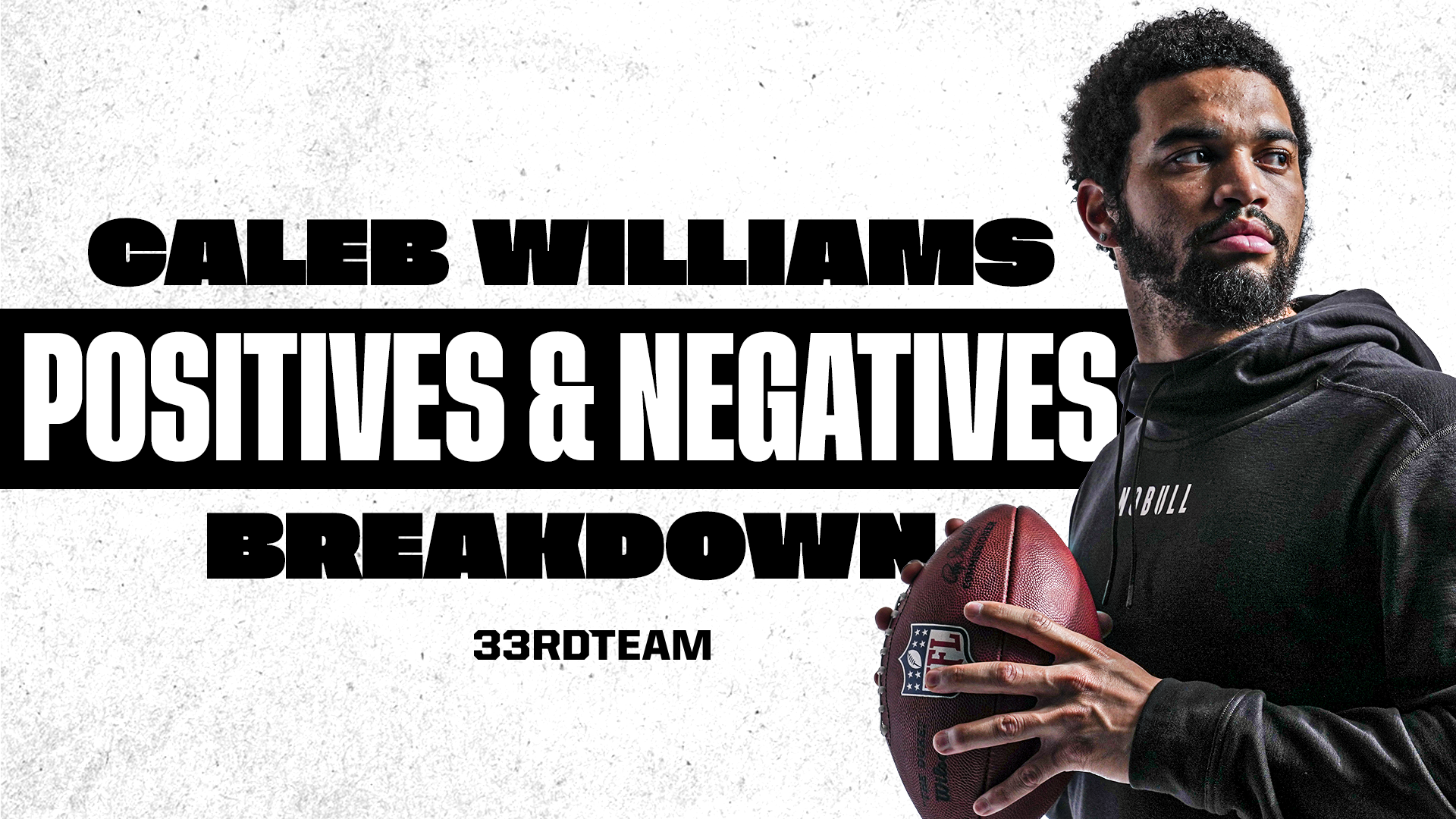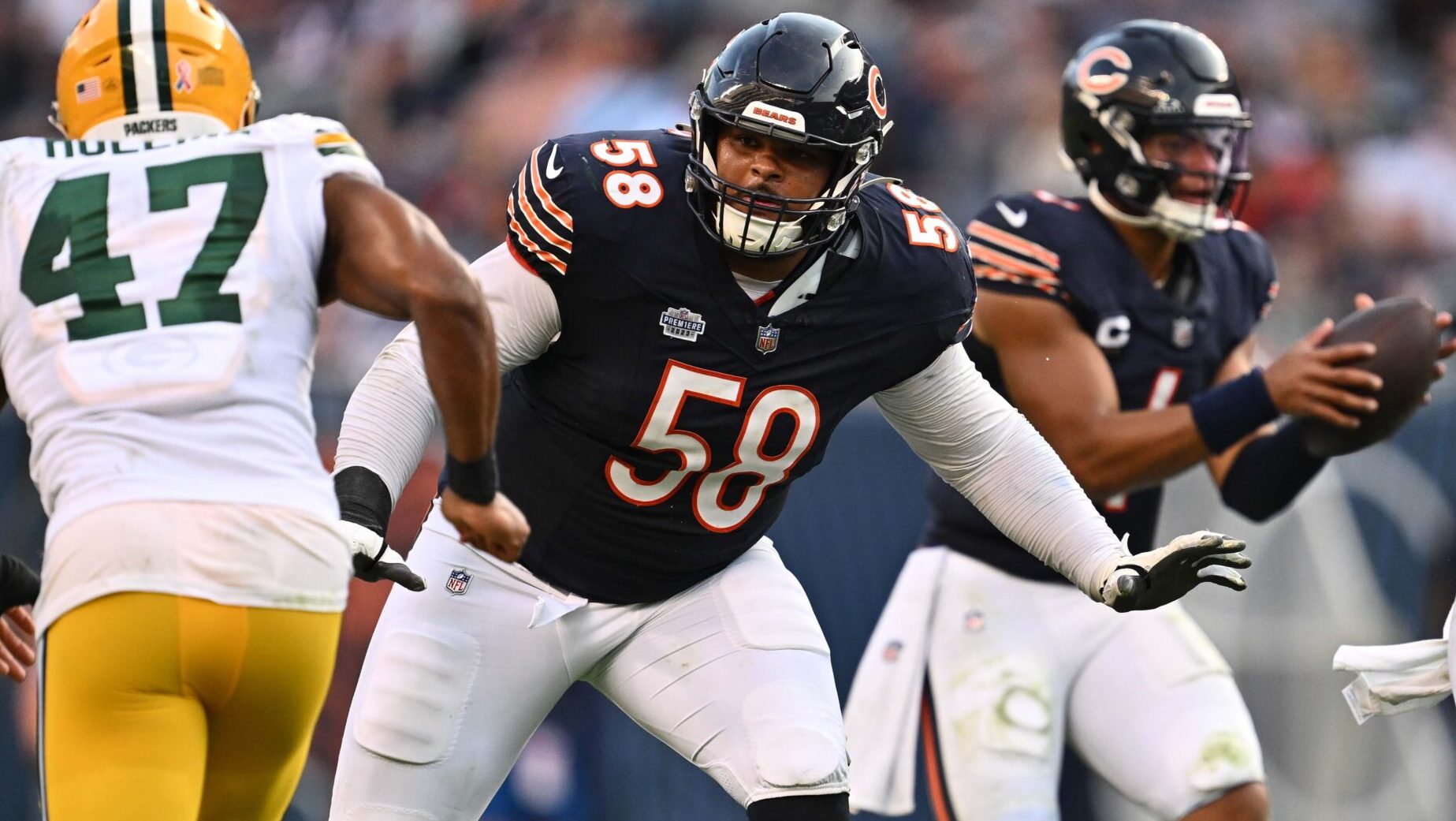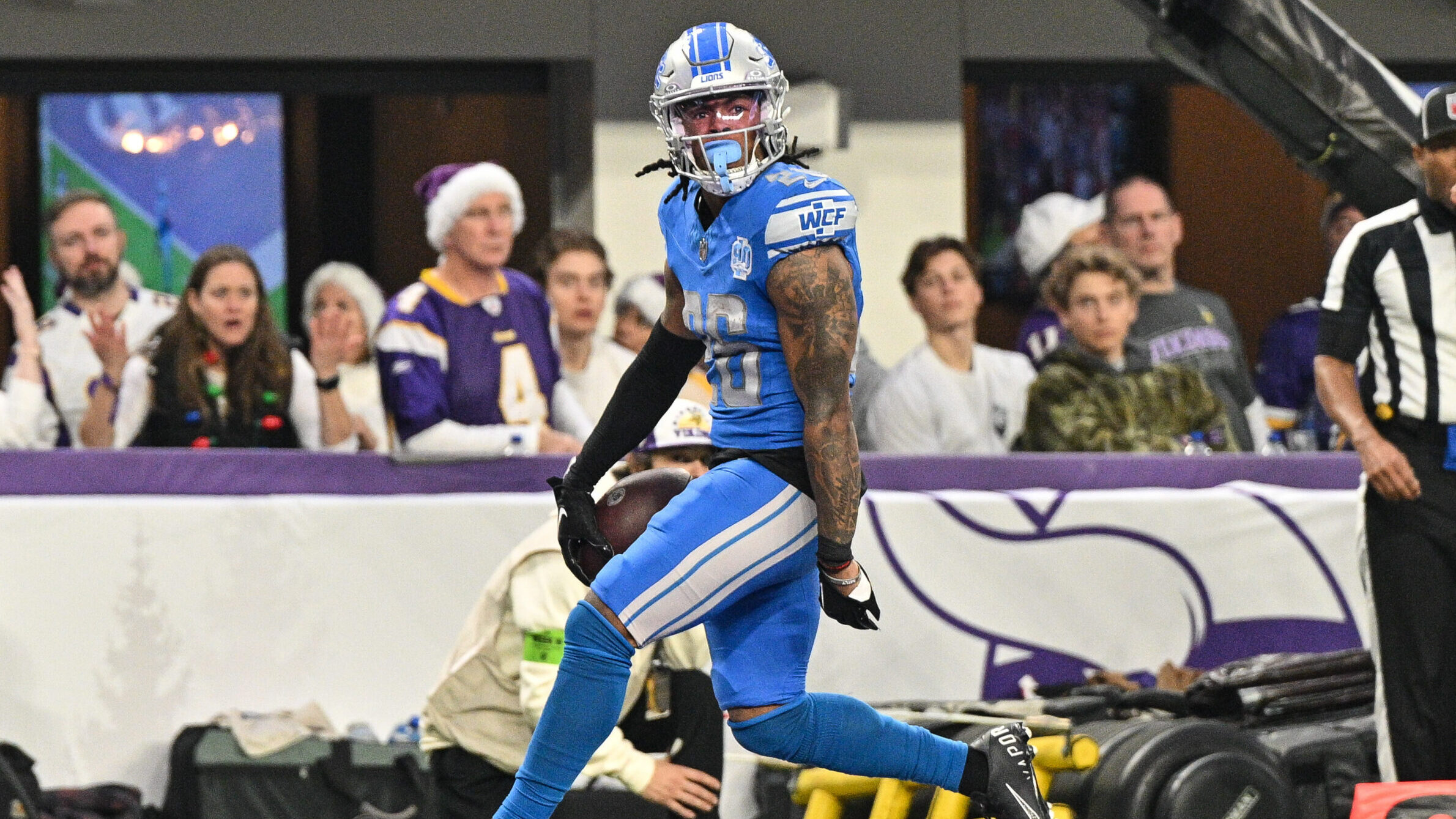Analysis
8/18/21
5 min read
Rookies That May Replace Big Contracts
NFL teams have various reasons why they draft the players they do. Sometimes, they’ll draft the best available player available and other times they simply draft a player to fill a specifc hole in the lineup. Some teams are looking to strategically select impactful rookies that can structure their salary cap for upcoming years. Every team has players who are in the last year of their contract and will need to either be extended, traded or sent into free agency. By drafting good players at positions with less total contract years, teams can help free cap space and bring more flexibility in their team building.
Some examples:
Denver Broncos
The Denver Broncos used the ninth overall pick in the 2021 draft to select cornerback Patrick Surtain out of Alabama. The Broncos not only selected a “best player available” candidate at this point, but also drafted for future flexibility in contract negotiations: They have two corners this season who will play meaningful reps in the last year of their contracts.
Kyle Fuller and Bryce Callahan command cap hits of $9.2 million and $8.5 million this year, respectively. Contract extensions at the end of the year for either player would be around those numbers on a multiple-year deal. Surtain offers flexibility with his rookie deal for Denver to either re-sign just one or let both walk.
Denver also has key edge rushers Bradley Chubb and Von Miller up for extensions very soon. Both of these contracts are predicted to take up on average $30 million per year between them. The Broncos have the ability to divert cap dollars from their cornerback group and send it to these contract negotiations due to having a top-tier corner prospect on a rookie deal.
Los Angeles Chargers
The Los Angeles Chargers have a similar situation in their defensive back and wide receiver groups coming up this year. They selected Asante Samuel Jr. with the 47th pick and Josh Palmer with the 77th pick in the 2021 draft. The idea was to get cheaper in their secondary and pass catching groups while maintaining a level of talent.
Cornerback Chris Harris Jr. and wide receiver Mike Williams are going into the final year of their contracts. According to Spotrac, Williams is predicted to command a contract extension averaging $10-11 million per season. They ended up drafting Palmer, a player with a similar skill set when compared to Williams. Palmer is a big-bodied receiver who can make contested catches and pressure a defense down field like Williams. By drafting Palmer, the Chargers have given themselves flexibility and options when it comes to maintaining talent in the WR group.
Harris will be 32 at the start of the season and will be looking for an extension. With the drafting of Samuel, the Chargers might not look to extend him on a multi-year deal. Harris’ deal will be dependent on how he plays this year, but he has commanded figures close to $10 million per year in the past. The Chargers might not feel comfortable with a similar cap commitment and have to go separate ways. The addition of Samuel will help ease the burden of finding a replacement and free up cap space to bolster their roster even more.
Buffalo Bills
The Buffalo Bills selected Gregory Rousseau and Carlos Basham with the 29th and 61st picks in the 2021 draft. One motivation behind this could have been the fact that Jerry Hughes is on the last year of his deal and the last year of Mario Addison’s contract could be voided before the 2022 season. These two draft picks add depth and contingency plans for when both older defensive ends are done with their deals. Hughes and Addision will both be over 32 at the start of the season and will be looking for new deals to continue playing. The Bills decided to add depth pieces that have potential to start eventually. This type of planning will save them money if both picks pan out.
The Bills have contract extensions with Josh Allen and Tremaine Edmunds coming up soon. In this case, the cap space that is freed up by these rookie contracts will help counter the expensive extensions that are going to take place. These types of moves will help them structure their finances in a way that allows them to keep both of these players and a healthy cap.
It is a smart idea to leverage your cap with the addition of rookies in places where contract years are running out. Whether it was intentional or not, all of these teams drafted rookies with the luxury of replacing either aging or expensive players that are on the last year of their deal. This type of thinking can make structuring a cap easier and gives teams more flexibility when deciding who to extend, trade or let go via free agency.








